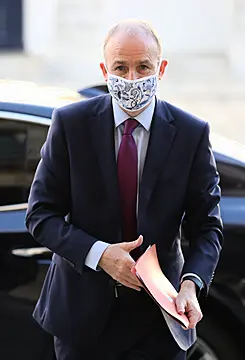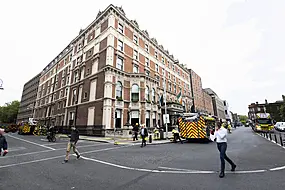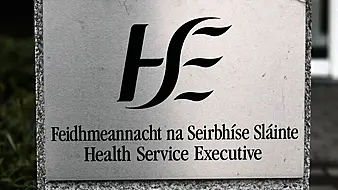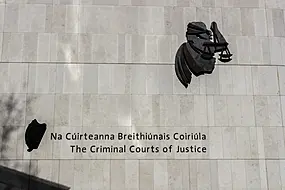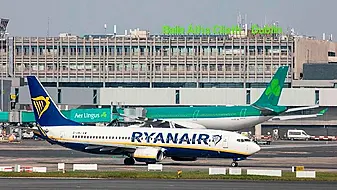Under the Government’s Level 5 restrictions, religious services, except for wedding and funerals, are taking place online.Churches, mosques and synagogues are opening for private prayer only.
Leaders of the Catholic Church, including Archbishop Eamon Martin, Archbishop Diarmuid Martin, Archbishop Michael Neary, Archbishop Kieran O’Reilly and Bishop Dermot Farrell met Micheál Martin on Wednesday evening.
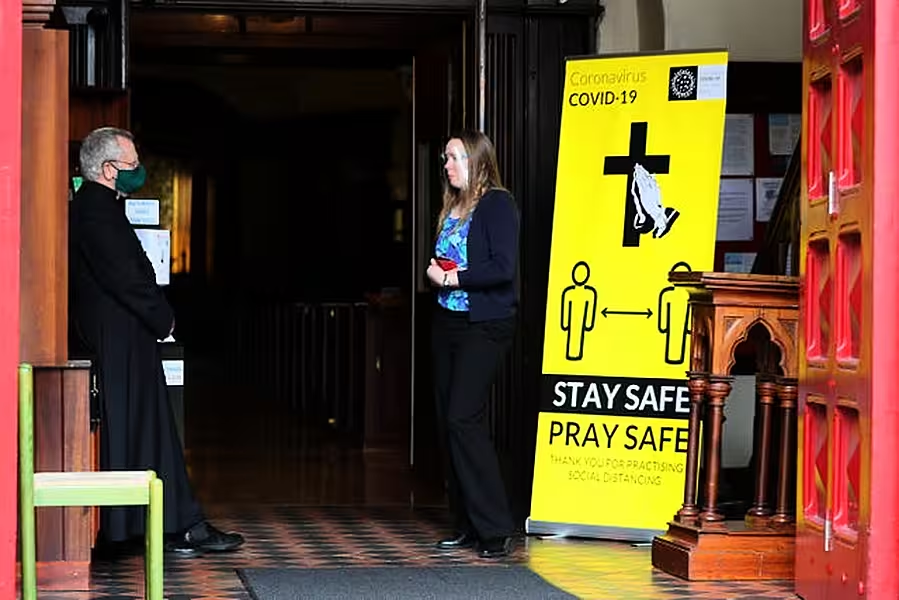
They warned him about the effect of Covid-19 restrictions on the “health and well-being of the faith community”, and raised their “great desire” to return to worship as soon as possible.
The archbishops told the Taoiseach they are fully supportive of the public health messages, but pressed the Fianna Fail leader about “fundamental traditions” of people praying together and its “nourishment” for communities.
They also stressed the importance of gathering for “worship as a source of consolation and hope” at Christmas.
In a joint statement, the Taoiseach and church leaders said: “The archbishops emphasised the mammoth effort that has been made by priests and volunteers at parish level to ensure that gatherings in church are as safe as possible and the consistent messaging from the church about the protection of health and life for all in the community, particularly the vulnerable.
“The Taoiseach thanked the archbishops for their support and acknowledged the major role that religious leaders have in supporting people and giving hope at this time of stress and worry – reaching out to those who may feel isolated or marginalised.
“It was acknowledged that pastoral work continues at parish level even as the celebration of Mass is moved online.
“The challenges of those suffering bereavement at this time were acknowledged, particularly as we enter the traditional time of remembrance in the month of November.”
The Taoiseach explained the reasoning behind the Government’s plan for living with Covid-19 and the need for balance between social and economic activity and public health.
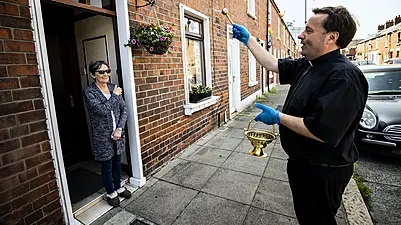
The statement added: “The archbishops emphasised the need to protect the most vulnerable in society at this time.
“They also acknowledged the positive value of keeping our schools open, especially for those who may otherwise be educationally disadvantaged by not having access to technology or the daily support of their teachers.
“The need for a shared understanding of the effects of the pandemic as it evolves and to align our response accordingly was recognised.”
